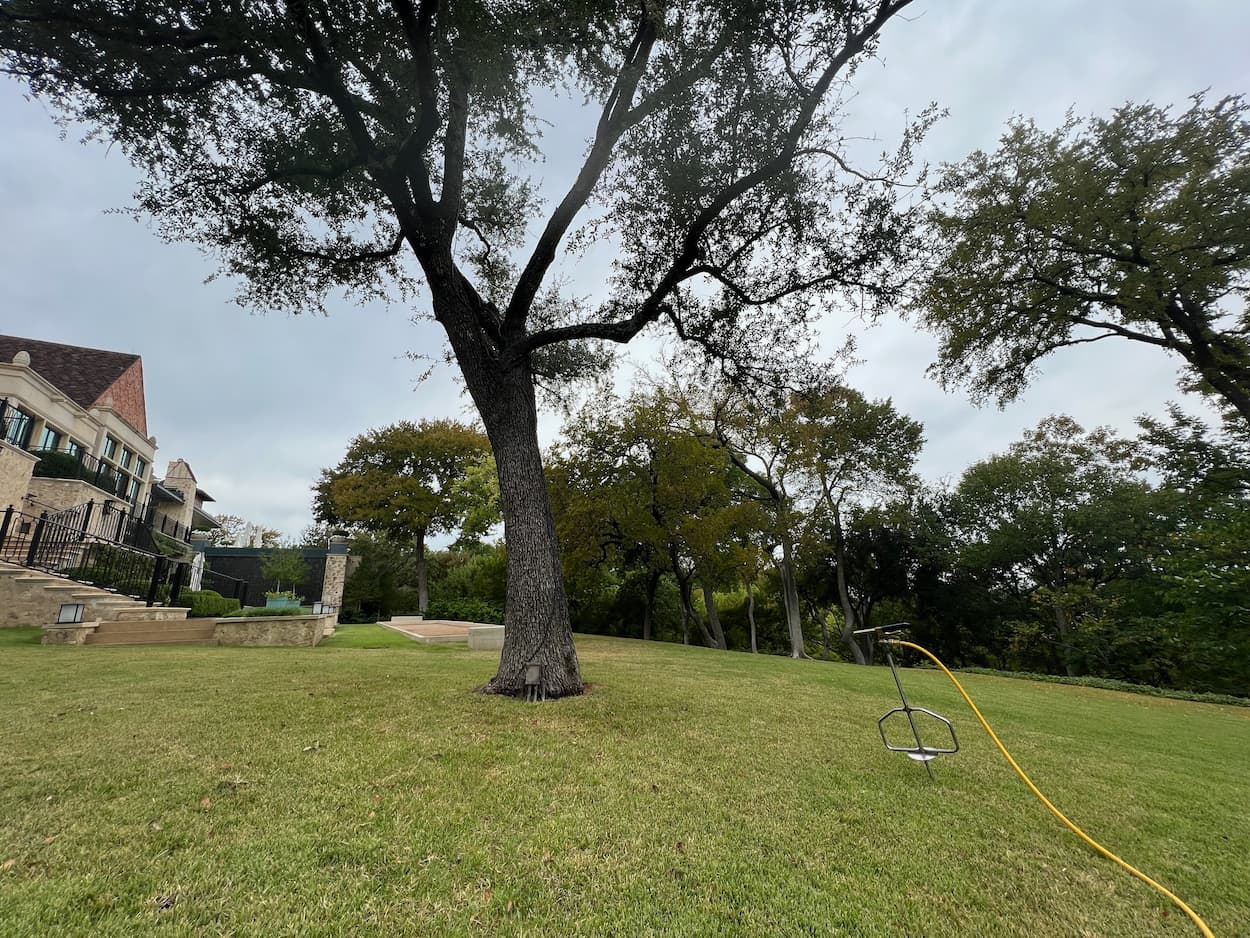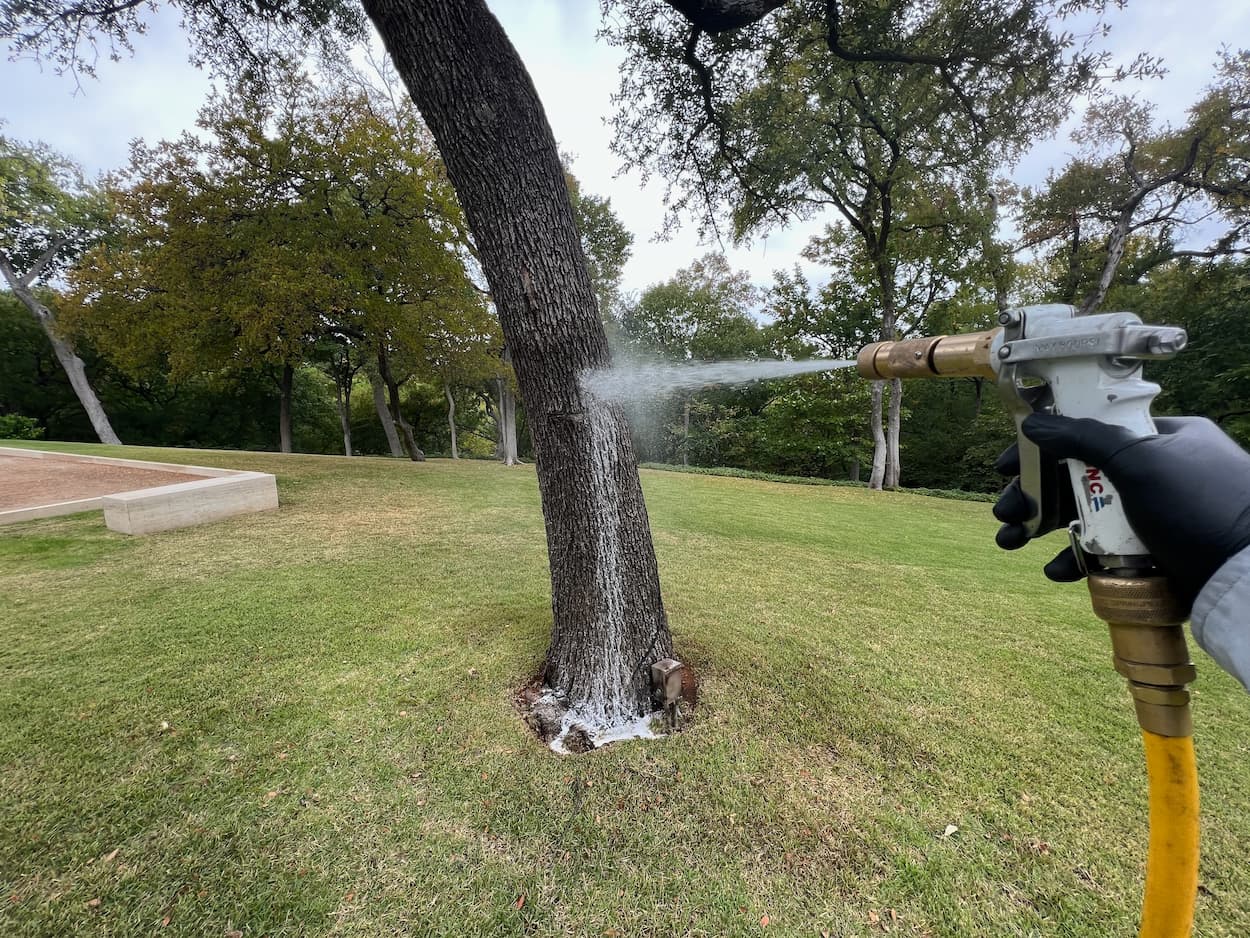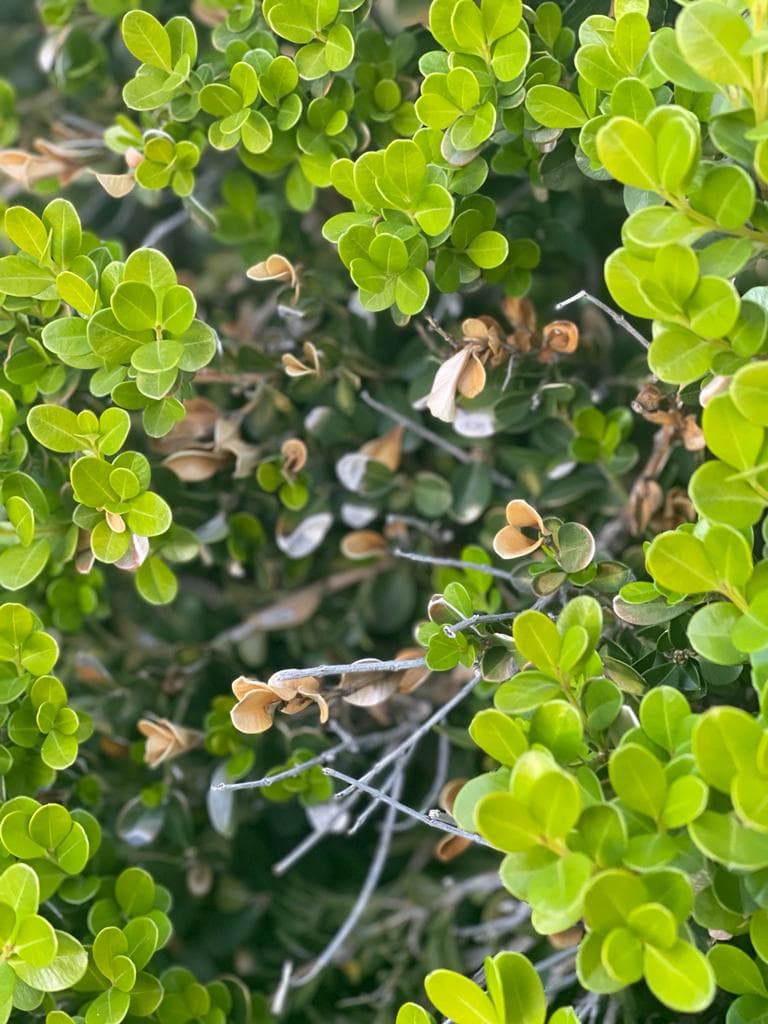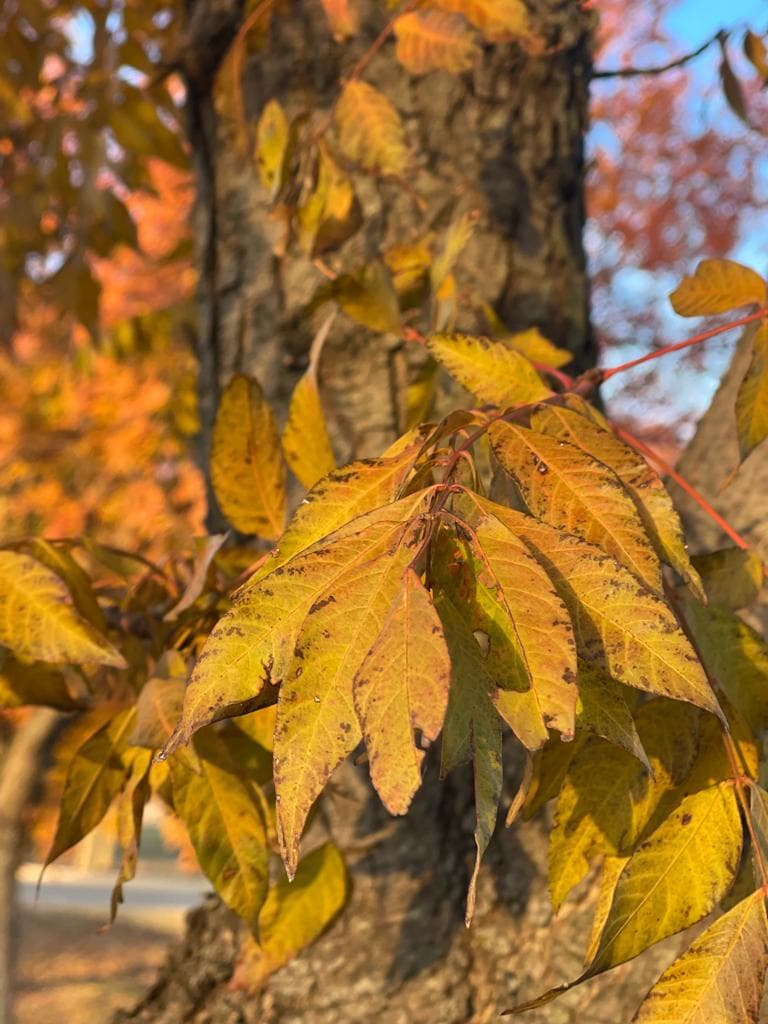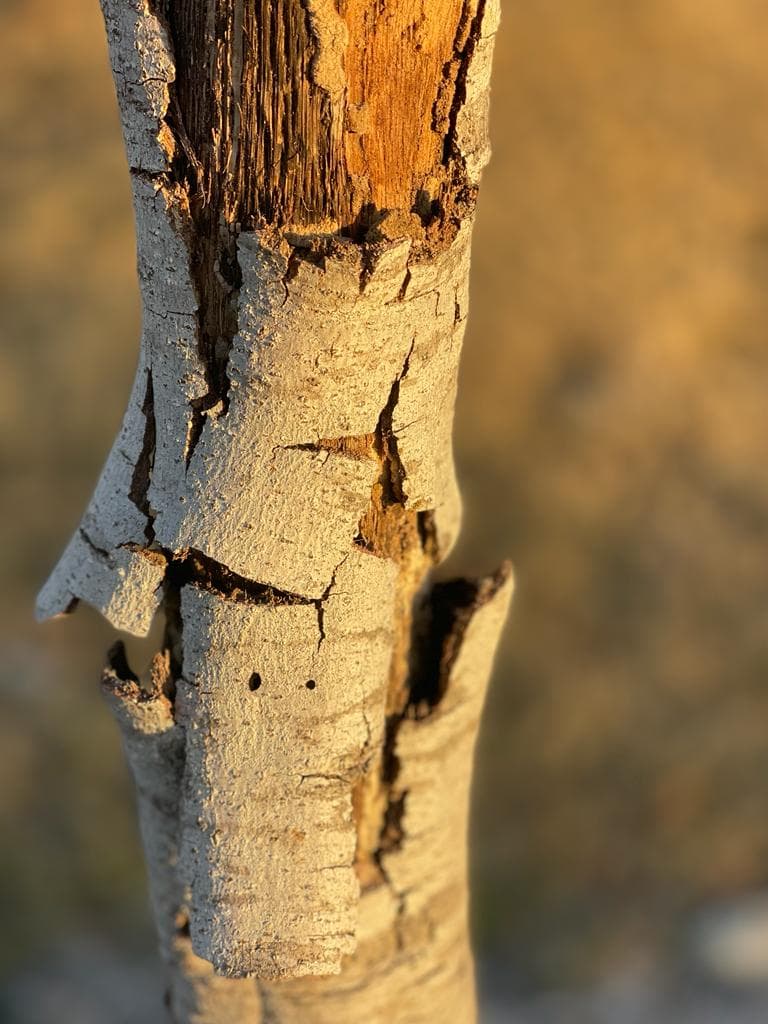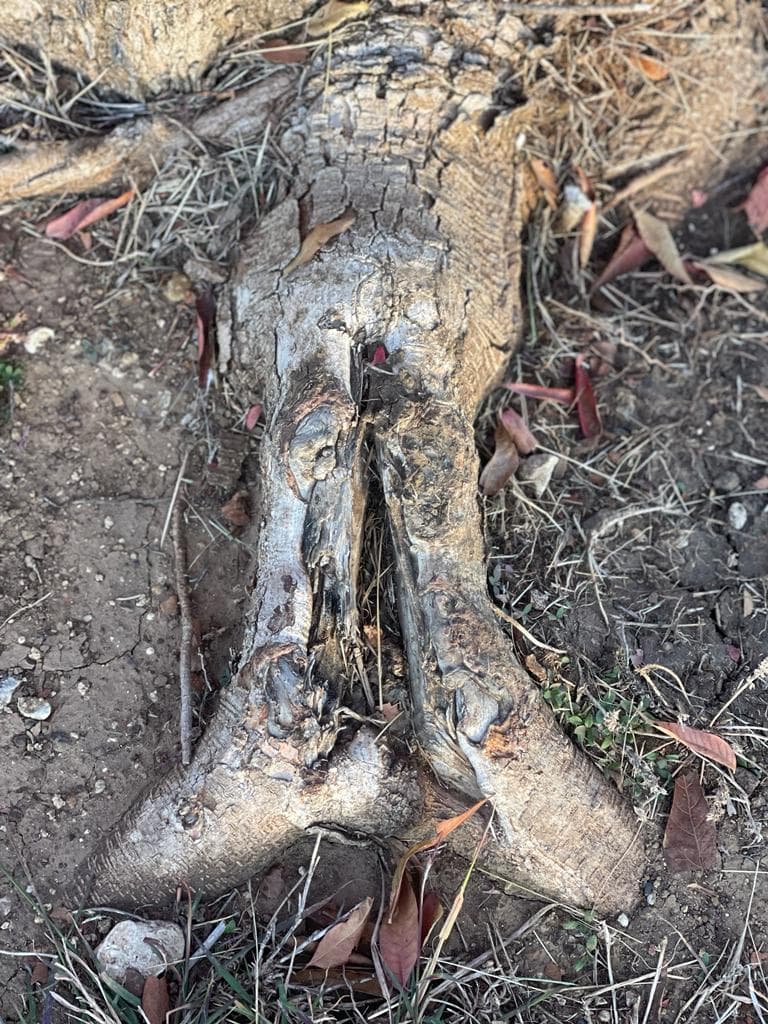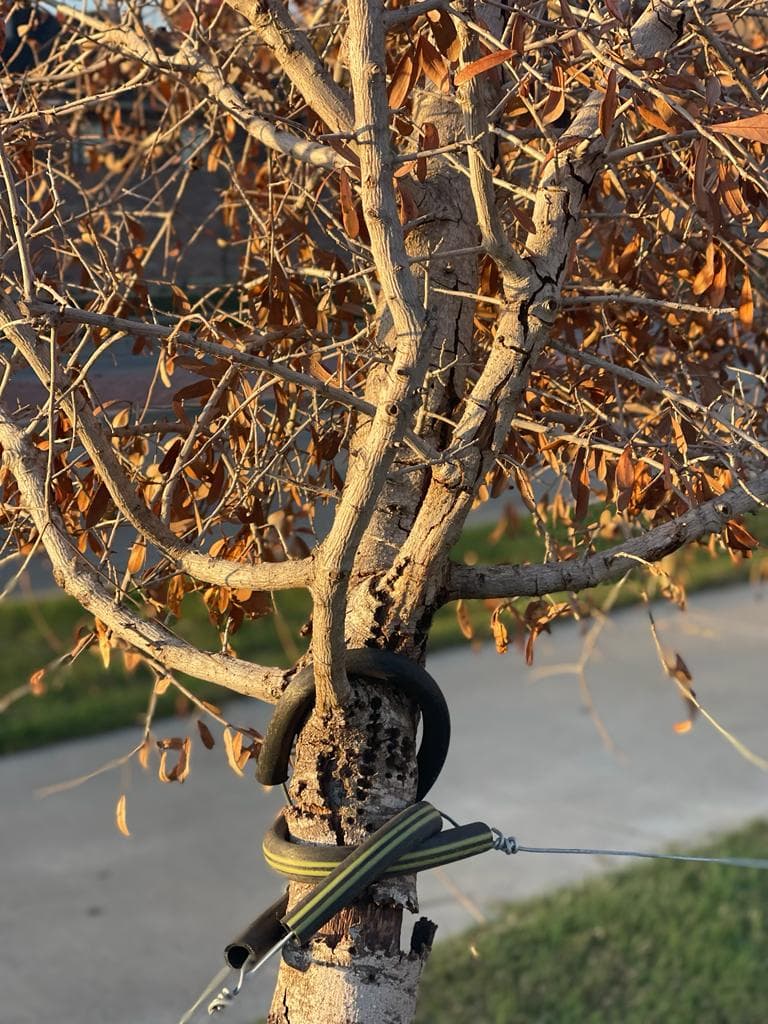Texas Shrubs & Tree Health Care Experts
Caring For Texas Shrubs & Trees Since 1990 Get A Free QuoteCall (817) 880-6130Tree & Shrub Pest Treatment Services in Saginaw, TX
Our ISA Certified Arborist Can Help Treat Your Trees and Shrubs From Pests in Saginaw, TX.
Arborist USA provides Tree & Shrub Pest Treatment Services in Saginaw, Texas, and the surrounding areas.
The city of Saginaw, TX, prides itself on its stunning green spaces filled with elegant trees and shrubs. In order to retain this natural beauty, an effective plan for identifying and treating pest infestations is an utmost priority.
In summation, protecting Saginaw, TX from tree and shrub pests calls for a dedicated, timely, and thorough approach. This involves an amalgamation of effective treatments, professional assistance, preventive measures, community participation, and above all, a continual commitment to the health and preservation of the city’s greenery. In doing so, Saginaw can ensure its lush landscapes continue to thrive for generations to enjoy
If you are in need of Tree & Shrub Pest Treatment Services in Saginaw, TX, please get in touch with Arborist USA today by calling us at (817) 880-6130, your Tree & Shrub Disease Specialist.
Signs of a Sick Tree or Sick Shrub
- Dead Branches
- Yellowing Leaves
- Fungi or Decay
- Bark Falling Off
- Discolored or Rusted Leaves
- Dying Tree or Shrub
- Leaf Discoloration
- Root or Insect Damage
- Leaves look like they’re being eaten
- Bark is Peeling
- Holes in leaves
- Holes on Bark or Branches
- Stunted Growth
- Canopy Dieback
- Bark Abnormalities
- Wilting
Tree & Shrub Helpful Tips
1. Early Pest Detection:
The most crucial step in pest treatment is rapid identification. Whether it’s aphids, beetles, or tree borers, early detection significantly reduces possible damage and allows prompt action.
2. Indicators of Pest Infestation:
Symptoms of an infestation come in various forms, such as leaf discation, unusual growth patterns, leaf shedding, and irregular bark damage. Recognizing these signs aids in swift and efficient pest
management.
3. Immediate Pest Treatment:
Quick intervention following a pest invasion can help control the spread, save on costs, and preserve the ecological integrity of Saginaw’s green spaces.
4. Professional Assistance:
Partnering with tree care experts or arborists can prove invaluable for quick pest identification and effective treatment. Their expertise in the field ensures regular inspections are conducted to maintain the health of the city’s trees and shrubs.
5. Diverse Treatment Techniques:
The type and severity of infestation dictate the methods of treatment employed, from biological and chemical control options to physical techniques like pruning.
6. Preventive Care:
Regular care and maintenance practices such as adequate watering, balanced fertilization, and pruning help reinforce plant health and deter pest invasions.
7. Integrated Pest Management (IPM):
This approach provides an end-to-end solution to pest problems, integrating early detection, routine monitoring, and use of bio-based or mechanical control methods for a comprehensive pest treatment solution.
8. Ecosystem Equilibrium:
While curbing pests is paramount, it’s also important to protect beneficial insects and local fauna found in Saginaw to maintain a balance in the local ecosystem.
9. Community Participation:
Active collaboration with the community can significantly enhance the success and reach of pest control measures. This may include reporting pest sightings to tree care specialists, helping with initiatives for preservation of local biodiversity and adhering to recommended maintenance practices.
10. Promoting Pest Control Awareness:
Educating the community on common pests, their indicative signs, preventive actions, and effective treatment methods empowers residents to contribute to achieving and maintaining a pest-free environment.
If you’re concerned or have any further questions about our Tree & Shrub Pest Treatment Services in Saginaw, TX, or surrounding areas in North Texas, please call us at (817) 880-6130.
Tree & Shrub Pests
Listed below are common Tree & Shrub Pests found in Texas.
Aphids
A white soft body insect that creates a sticky "honey dew" structure on limbs or leaves, blocking nutrients.
Bagworms
Bagworms lay eggs that create small cone-shaped structures less than three inches in length.
Beetles
An invasive wood borer that is subject in all wood tissue that causes severe decline in trees health.
Gypsy Moth
A larva that boars into leaf structure that cause lesser of a foliation and decline in overall leaf structure.
Oak Gall
A growth deformity known as a "gall" commonly occur on oak trees subject to branches and other structures.
Termites
Termites, wood-destroying insect, eats away at all wood tissue, damaging the structures of the trees.
Twig Girdlers
Being a member of the long-horned beetle family, these girdlers are known to eat leaf and other tree areas.
Webworms
These caterpillars spin white webbing bag nests in tree branches and eat your tree foliage (leaves).
Certifications

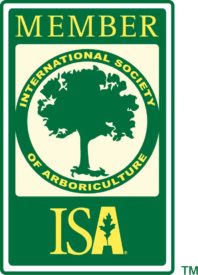

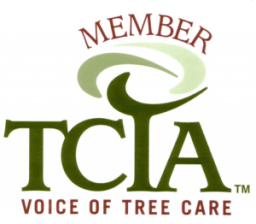
Our Reviews
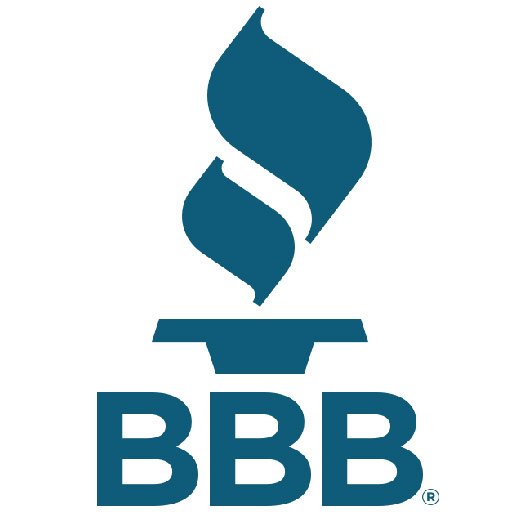
A+ BBB Rating based on 31 BBB Reviews
4.8/5.0 based on 83 Top Rated Local Reviews
4.6/5.0 based on 36 Facebook Reviews
4.0/5.0 based on 4 Trust Pilot Reviews

4.9/5.0 based on 90 Google Reviews
4.5/5.0 based on 13 Yelp Reviews
29 Recommendations on Nextdoor
Total Reviews: 286 ![]() Real Customer Reviews
Real Customer Reviews

